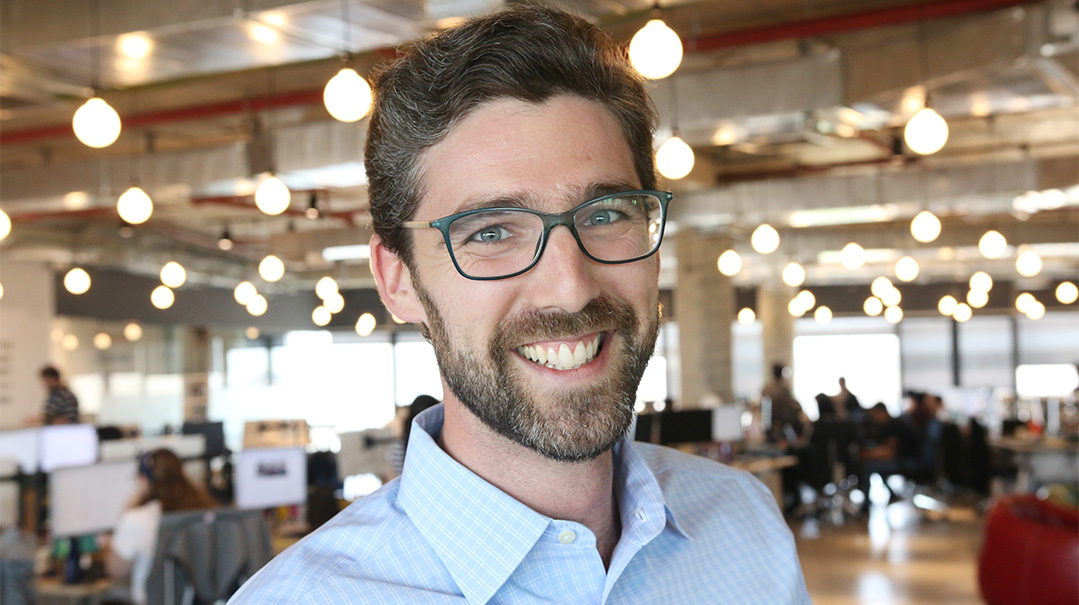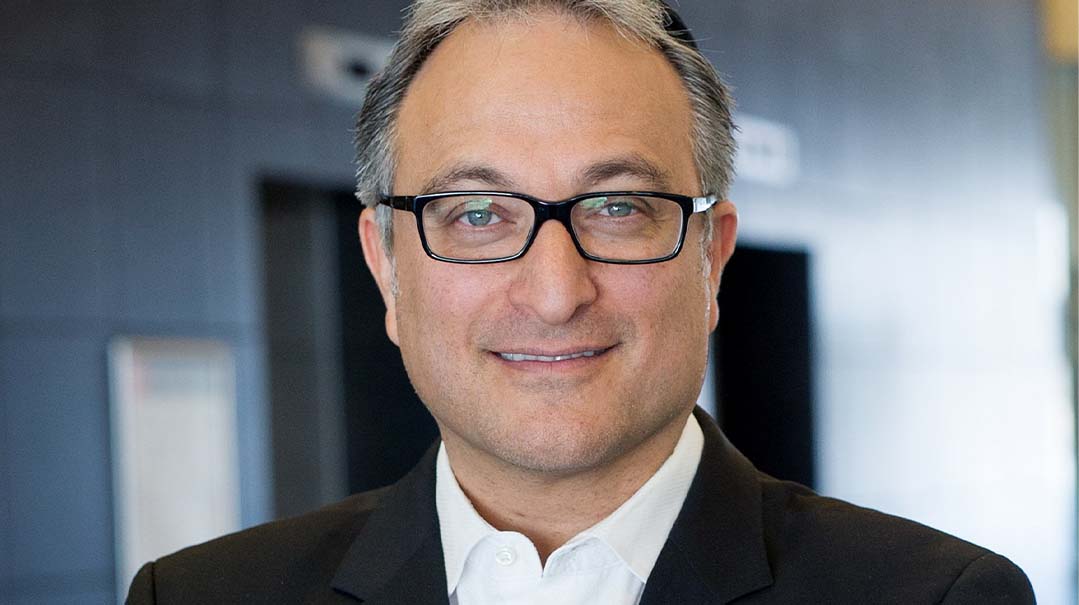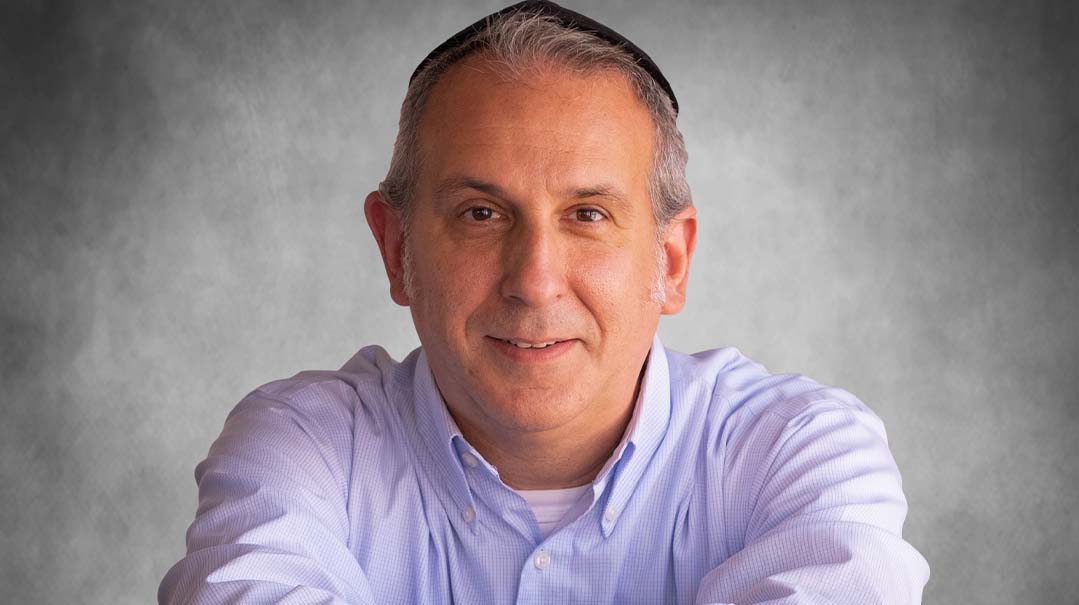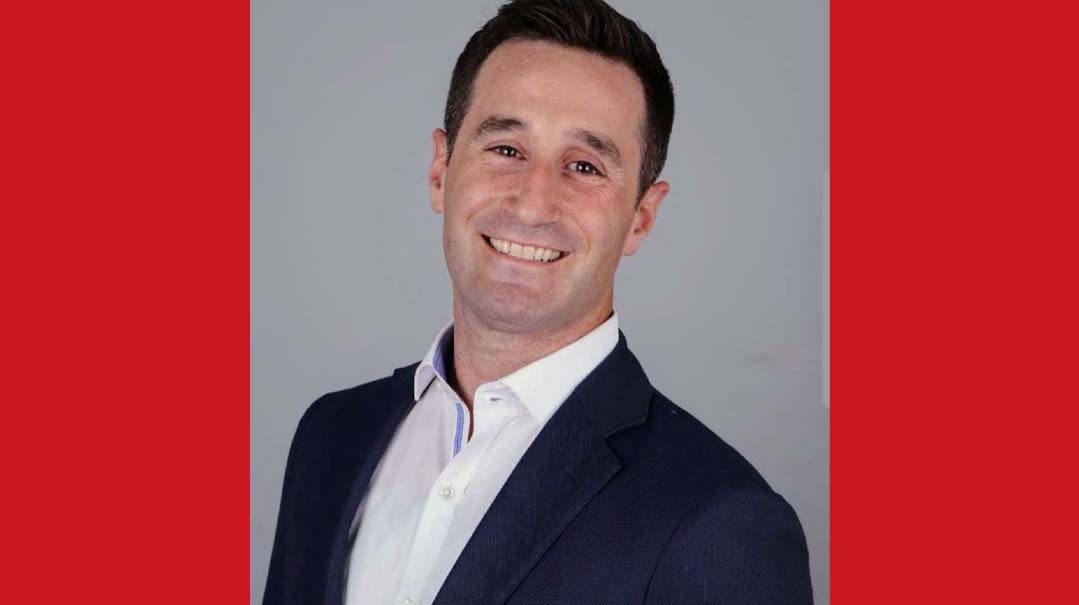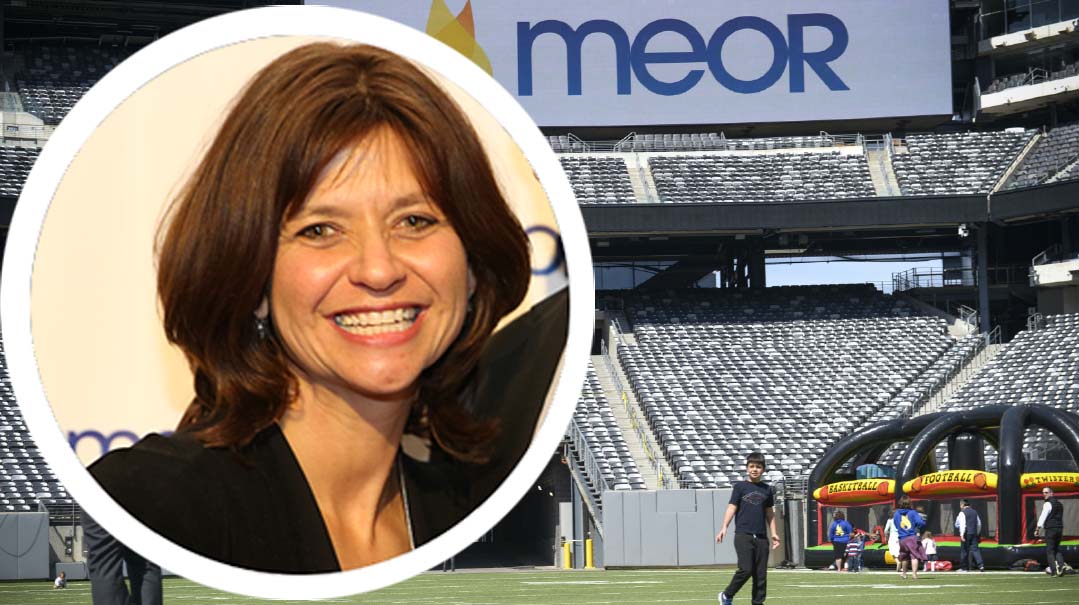Work/Life Solutions with Rabbi Dr. Benji Levy

"When making decisions, every yes is a no to something else"
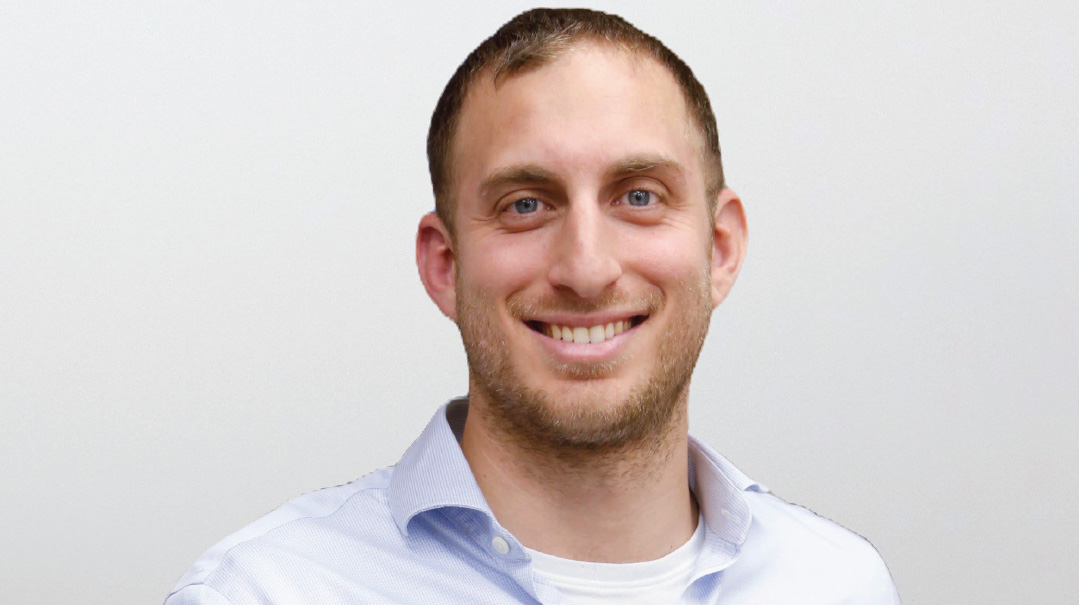
Who: Rabbi Dr. Benji Levy is an educator, innovator, spiritual entrepreneur and cofounder at Israel Impact Partners, which works with foundations and philanthropic individuals to help scale up non-profits.
What: He became dean of Moriah College in Sydney, Australia, his alma mater and one of the largest Jewish schools in the world at only 26 years old. He grew into a communal icon and one of the most influential Jewish leaders from Australia. He was headhunted as CEO of Mosaic United, a joint venture partnership between Israel and global Jewry to strengthen Jewish identity and connections to Israel for youth around the world. In that capacity, Benji led a team that raised over half a billion shekels and launched several major initiatives to engage hundreds of thousands of young people across the globe. After enlisting in the IDF as a reservist in the Spokesperson’s Unit at the belated age of 35, he cofounded Israel Impact Partners, working with leading philanthropists and nonprofits to achieve meaningful impact.
Where: Benji grew up in Sydney, Australia, and earned his BA in media and communications; first class honors in Jewish civilization, thought, and culture; and a PhD in philosophy from the University of Sydney. He studied for five years in Yeshivat Har Etzion where he completed rabbinic ordination, earned a teaching degree at Herzog College, and completed the Principals Program at the Lookstein Center in Bar Ilan University. He has traveled around the world in various teaching and consulting capacities, and resides with his wife and four children in Jerusalem.
Why: Fourteen years ago, Benji and I worked together on a leadership program for students in Sydney. Ever since, I’ve always been impressed with the way he’s managed to infuse his efforts in the Jewish communal sector with the best practices from the corporate world. Bridging both of these worlds, Benji has created sophisticated metrics and raised standards where they don’t exist, bringing profound meaning to so many people around the globe.
1 of 9 What opportunities or personalities played a role in your career?
My father is my mentor, and growing up, my home was my greatest classroom. My dad went from the youngest partner of his firm to private equity and sat on boards of listed companies across many fields, from fashion and film to retail and property, leading government task forces, professional sports and so much more. He always explains that Jews don’t believe in luck — we believe in mazal. Mazal, he says, is an acronym for makom (place), zeman (timing) and la’asot (action). We are all put in a certain place at a certain time, but the question is whether we realize this and are ready to take action. In my life, I have been blessed to notice when I was in the right place at the right time and always strived to make my mazal in those moments.
In my mid-twenties, I was directing a consultancy group that had me flying to Australia with an international team and running experiential seminars for hundreds of students at Moriah College. And then, unexpectedly and all at once, one of the school principals had to leave prematurely, the college rabbi had a stroke, and the director of informal education was set to return to Israel. A call from the college president began a process that evolved into the offer to serve as the dean. While I thought I was too young to take on the position, I was encouraged by the famous adage in Pirkei Avot: “In a place where there is no person, strive to be that person,” and saw this as a unique opportunity to make a tremendous impact on the community I knew, loved, and believed in. Together with Renana, my wife, we took the plunge.
For the next six years, I dedicated myself to putting together a world-class team and developed a comprehensive strategy for what we considered the ideal graduate. Together we worked to ensure that every element of the educational process was geared toward the goal, and launched many out-of-the-box initiatives that focused on practical 21st-century skills through a Jewish lens. Giving what I could to the home of my youth was so important, yet ultimately, my wife and I knew we wanted to raise our children in our ancestral homeland. On a visit to Jerusalem and New York, I met with key government officials and influential leaders who asked if I would head a new Israel-Diaspora initiative called Mosaic United. It required taking the lessons I learned in education, strategy, and community building onto a global stage. I took the job and we fulfilled our dream of aliyah with our young family.
As CEO of Mosaic United, I had the chance to establish major initiatives with some of the most influential changemakers in the Jewish world. At the same time, we had grown the organization much faster than expected and it required the leadership to be on the ground in North America, something I believed in — but I wasn’t willing to leave Israel again.
Meanwhile, I reconnected with Michael Bloch, one of the individuals I had worked with during my time as CEO. Michael, a senior partner of McKinsey & Company, had assisted with our strategy and the management of our multiple verticals. He was one of the best in the industry and an absolute mensch — someone I could learn from and would be honored to work with. From our own respective backgrounds and differing vantage points, we recognized inefficiencies in areas of the nonprofit world that we wished to improve. And so we founded Israel Impact Partners, where we work with philanthropists to optimize their giving and scale the programs that they believe in most.
What I’ve learned is that as we are put in certain places at certain times, we need to be cognizant of the fact that when making decisions, every yes is a no to something else — we are all presented with mazal, and the choices we make write the story of our future.
2 of 9 Which three character traits have played a key role in your career path?
Purpose. The sweet spot between what you want to do for the world and what the world needs from you is where your purpose lies. I have been privileged to feel this at every step of my journey so far. I strive to connect every major development in my life to a greater goal, a bigger picture — working to bring meaning to life. As a teen, I challenged the notion that having fun and corporate achievements alone are what life is about, so I went to Israel and discovered greater value through Judaism, forcing me to grow. I continue to strive to find comfort outside of my comfort zone.
Innovation. While the sport stays the same, the gear and techniques are always evolving, and it’s the same with life. A bold vision, taking balanced risks, responding at a rapid rate when you identify areas for growth and adapting before you get stale, are some of the features of true innovation. Growing up, I found that the presentation of Jewish values was sometimes stagnant and outdated, whereas the world around was evolving at a rapid rate. The incompatibility was having dire consequences and so we needed to transform, allowing a more profound style to match the deep substance. Other than making programming relevant and engaging, we learned what the students were looking for, putting them at the center and discovering new avenues to connect — such as entrepreneurship, internship opportunities, and life mentorship, all of which were considered as outside the Jewish domain but critical to our target market.
Connection. Relationships are everything and everyone is important. I build strong authentic bonds because I care about, learn from, and enjoy interacting with all kinds of people. The rest follows. Inevitably these contacts cut across geographies, demographics and sectors and bridging the differences is part of what I love.
3 of 9 What do you do to relax, recharge, or simply have fun? How do you make time for that, and how often?
We all need windows of time to rest and recharge. While Torah and tefillah anchor my day, Shabbat anchors my week, and chagim anchor my year, I tap into different moments to rejuvenate, depending on my disposition. One of those recurring windows lately happens while I jump with my kids on our trampoline. Listening to inspiring music, I bounce around and get lost in their innocence and love, forgetting the complexities around, and feeling grateful for my lot, enjoying the simple things with my most precious possessions and realizing the surreal nature of living through fulfilled prophecies in the courtyards of Jerusalem. I always emerge grounded and inspired, invigorated and ready to tackle the next challenge.
6 of 9 What is the most important advice you’ve ever received? Did that impact what you did next?
Among my suddenly new 300-plus colleagues when I was appointed dean of Moriah College, were many teachers who had taught me when I was a student, and I had to consider how to lead effectively. On the other hand, there were many students that were often uninterested and with them you don’t get a second chance at first impressions. I had a professional mentor and leadership guru who told me that too often we get fixated upon what we want to say, forgetting who we are saying it to and therefore how to say it. The most important way in which to get across a message is to consider the best way for it to be received. This advice was crucial. One example happened with a group of boys who weren’t interested in Judaism but were obsessed with rugby. I became their coach. I was committed and pushed the team in every way. It was tough and time-consuming, especially since it was the beginning of my tenure and there were so many competing responsibilities, but everyone knew that my time with this team was sacrosanct. The boys didn’t care how much I knew until they knew how much I cared. From that experience onward, they went from potential resistors to my greatest allies in transforming the culture of the school community.
Later, when I went on to Mosaic United and had to deal with all types of people regardless of denomination, demography or affiliation, I had an incredible mentor in our chairman, venerated communal activist Gary Torgow. Gary is chairman of Chemical Bank in Detroit and is vice president of Detroit’s Jewish Federation, among a host of communal responsibilities. His time was scarce and yet he always had time, care, and concern for community members and even strangers in restaurants and coffee shops wherever we were. He was the same with the highest-level business people and politicians, those of faith and those of none. He knew how to be the same person, but interact differently with whoever he encountered.
These lessons in being oneself with everyone and acting with consistency yet considering how others need to hear things, have guided me through both large addresses and intimate interactions, significant change management and basic active listening, and improving nearly every role I play, whether strategic or social, personal or professional.
7 of 9 If you were asked to deliver a TED Talk that would be watched by 50 million people, what topic would you choose to speak about? Why?
Some of my most uncomfortable interactions occur when watching educated adults stumble through a Jewish experience and feel alienated where they should be at home. I recently had a meeting with a group of high-powered executives who are advanced in nearly every facet of their lives, but lamented the fact that they can’t make their way through a synagogue service or siddur. Similarly, I was part of a leading advisory board with professionals who are experts in niche areas of technology and innovation, yet struggle with basic Jewish festivals and life-cycle events. It shouldn’t be like this.
I call this a lack of “saging” — spiritual aging — and this is the topic I would give my TED talk on. What does it mean? When a three-year-old cries after spilling some milk, we’re understanding, but that wouldn’t be the proper response for a 30-year-old. Their emotional age would not be consistent with their chronological age. Similarly, the way people approach spirituality should theoretically mature over time. The manner in which a child perceives G-d or understands the relevance of biblical narratives should differ from that of a sophisticated adult. But generally speaking, many people rarely progress beyond the spiritual age they reached when they first dealt with these topics. While all the other faculties of an individual are developing, we sometimes allow our spiritual age to stagnate. What results is a physically grown adult with an emotional maturity to see the bigger picture in life and an intellect to perceive the world in a nuanced way, a professional career to be proud of — and yet a childish perception of many areas in spirituality.
It’s no great wonder, then, that many of our youth have become disillusioned with religion — they’re progressing in every other sphere of life yet still have a “tooth fairy” perception of Judaism. I personally did when I was growing up.
Our broader community is filled with individuals who are eager to connect but have not found a way that is meaningful or relevant to their stage of life. Our job is to make a sophisticated understanding of Judaism more accessible to people of all ages and stages. We need to “sage.”
9 of 9 If you were advising a young person hoping to launch a career as an entrepreneur, which “do’s” and “don’t’s” would you share?
An extremely successful businessperson and philanthropist was asking my advice on how to help a certain charity. I started to share models for portfolio diversification, but they stopped me to say they were looking for my counsel on how to operate in the social, not financial sector. While of course these are different areas, I shared how much we can learn and apply from one to the other. What has often struck me is the absolute distinction people place in their lives. So many successful people don’t bring their broader acumen to philanthropy, family or community work. If I were advising a young person, I would tell them to stay well-rounded. The following points have helped guide me in all areas of my life, not just entrepreneurship:
- Have a vision — it’s what motivates us to move forward. Reflecting on our People, the vision to transform the moral landscape of society and to work toward becoming a “light unto the nations,” is a shining example.
- Be and stay inspired. Remember why you’re doing what you’re doing and bring others on the journey.
- Learn from people, learn from books, learn from experience, and always grow. Aim to become the best person you can in all areas that are important to you — and even some that aren’t.
- Take responsibility. Find the ability to respond in the right way to the right things at the right time. Keep your finger on the pulse.
- Be proactive. Provide answers to questions before they’re raised, deal with issues before they bubble to the surface, and offer cures before the ails are beyond repair.
- Do your best. Instead of surrounding yourself with those inferior in order to showcase your talents, surround yourself with better people than you in order to bring your true strengths to the table.
- Have faith. Don’t try to control that which you can’t control or it will control you. Your job is to do everything you possibly can, and then have faith that the results will ultimately be for the best.
As the COO of Partners in Torah, Moe is spearheading a digital transformation, strategic partnerships, and global expansion. Previously, he was the Founder & CEO at Winfluencers, the Head of BizDev for Hometalk, Strategy Consultant for Deloitte, and Regional Director for the Lauder Foundation. He holds an MBA and semichah, and published his first book, The Gift of Stuttering (Mosaica Press, 2016). He also teaches a Daf Yomi shiur, produces inspirational videos on the Daf (“Daf Yomi MoeMents”), and gives lectures to audiences worldwide. Moe lives in Ramat Beit Shemesh with his wife and children.
(Originally featured in Mishpacha, Issue 859)
Oops! We could not locate your form.







